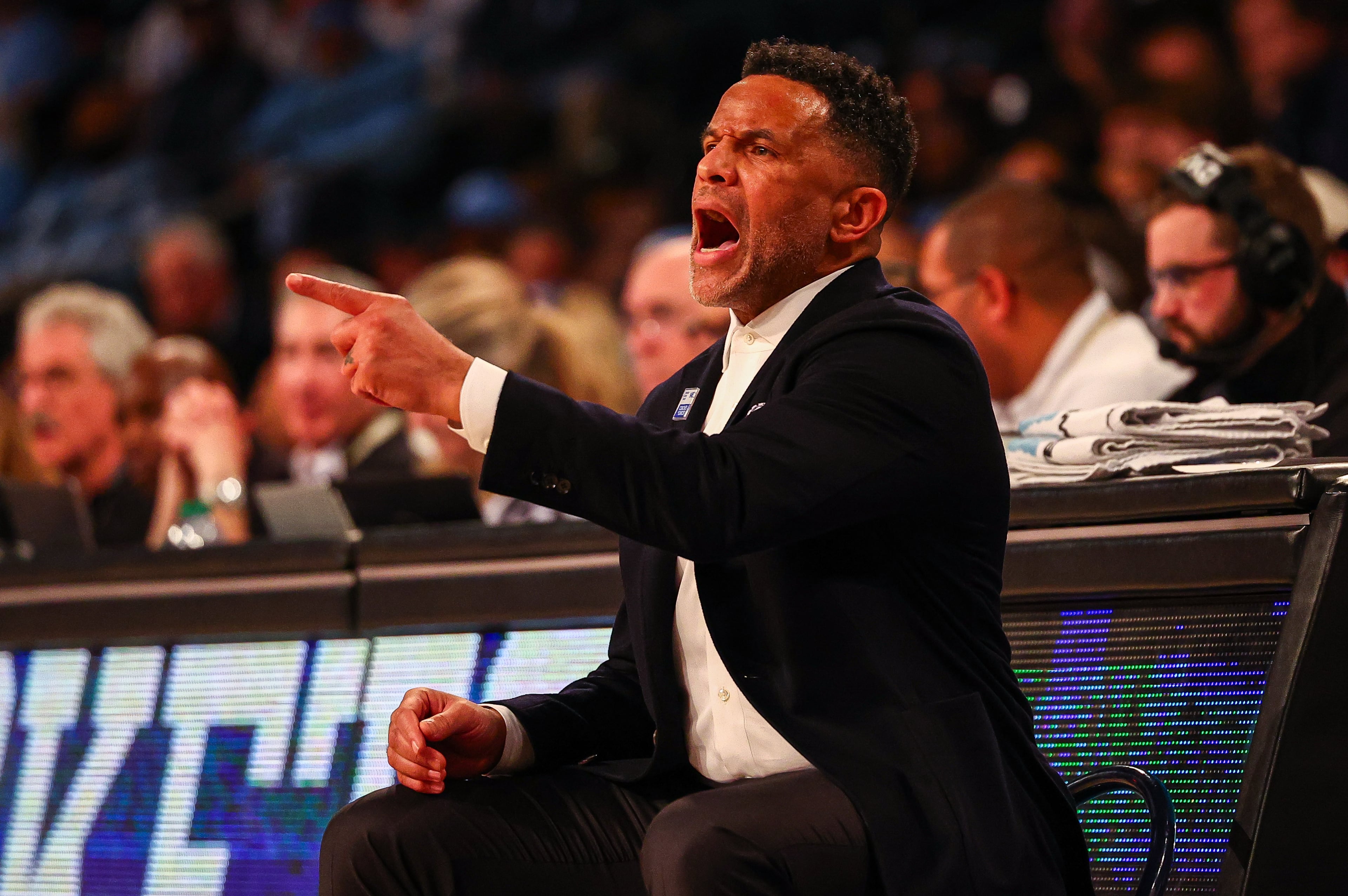Why Georgia Tech is feeling good at the NCAA golf championship

Georgia Tech golfer Andy Ogletree stood at the 18th tee of Palouse Ridge Gold Club in Pullman, Wash., on May 15 when the weight of the moment finally began to press down on him.
Ogletree was Tech’s final team member to finish at its NCAA regional tournament, a hurdle that the Yellow Jackets had failed to clear three years in a row, the past two years by a single stroke.
Ogletree, a junior from Little Rock, Miss., wasn’t entirely aware of how the leaderboard looked, but he evidently had an idea. He was literally shaking, he said Tuesday.
“I’ve never been that nervous,” Ogletree said. “I kind of looked at (coach Bruce Heppler): ‘I’m really nervous right now.’”
Ogletree managed to rip his drive into the fairway and later put down a short putt to make par on the par-5 18th. Tech finished in fourth at 22 under par, one stroke ahead of South Carolina and Colorado State, to secure a spot in the NCAA championship, which starts Friday in Fayetteville, Ark.
Had the Jackets required one more stroke over the tournament’s three rounds than the 818 they took, they would have had to join a playoff with the Gamecocks and Rams to win the last spot in the championship tournament and been at risk to end their season at the regional for a fourth year in a row. But it worked out, much to the Jackets’ relief.
“For two years, we’ve felt we’ve had a really good team, and we were planning on getting there and contending and fell short,” Ogletree said. “We’re just happy to finally get there and see what we can do.”
Tech, which will be joined in the 30-team field by Georgia and Georgia Southern, will begin play with an unusual combination of credentials and feeling an apparent lack of pressure. The Jackets are ranked seventh nationally and have won or shared first in six tournaments, including a dominant performance at the ACC tournament, when they won their 18th title at a record 37 under par.
But, not having been to the NCAA championship since 2015, and also having slayed their demons at the regional, has gifted the Jackets’ fivesome – Connor Howe, Noah Norton, Luke Schniederjans, Tyler Strafaci and Ogletree –with a looser approach.
“I felt a lot of pressure leading up to regionals, I feel like, than I do now,” Ogletree said. “We don’t really know what to expect. We do know we’ll probably have some butterflies going off the first tee, but once we get started, I feel like it’ll just be, let’s see what we got.”
Defending national champion Oklahoma State is considered the favorite at Blessings Golf Club. Tech, which has reached the NCAA championship finals 29 times, has been a runner-up four times but has yet to win. Heppler downplays the imperative to win, but allows that the Jackets have a shot. In the 30-team event, the field is cut down to 15 teams after three rounds of stroke play and then eight after four.
The final eight then compete in match play.
“(With) our scoring averages and our average finishes, we should have a really good chance to be in match play,” Heppler said. “I really believe that. There’s years of taking teams where you’ve kind of got to go on a magical journey and it works out. This is not one of those teams. We just have to be us.”
Tech is hoping for another advantage. During spring break in 2018, Heppler took his team to Blessings to play two rounds, knowing it would be the NCAA tournament site a year later. Players scouted out the course, taking notes on how to play each hole. Heppler was encouraged when players at the women’s tournament (also held at Blessings, finishing Wednesday) commented that the course takes more than one day to learn.
“I think we can get into playing in the practice round rather than going, ‘Well, let’s see, that bunker’s 285 and that’s 305 – where do we hit this, and what club do we use?” Heppler said. “I think our practice round will be more productive because they’ve already seen it. At least that’s what I’m hoping.”



